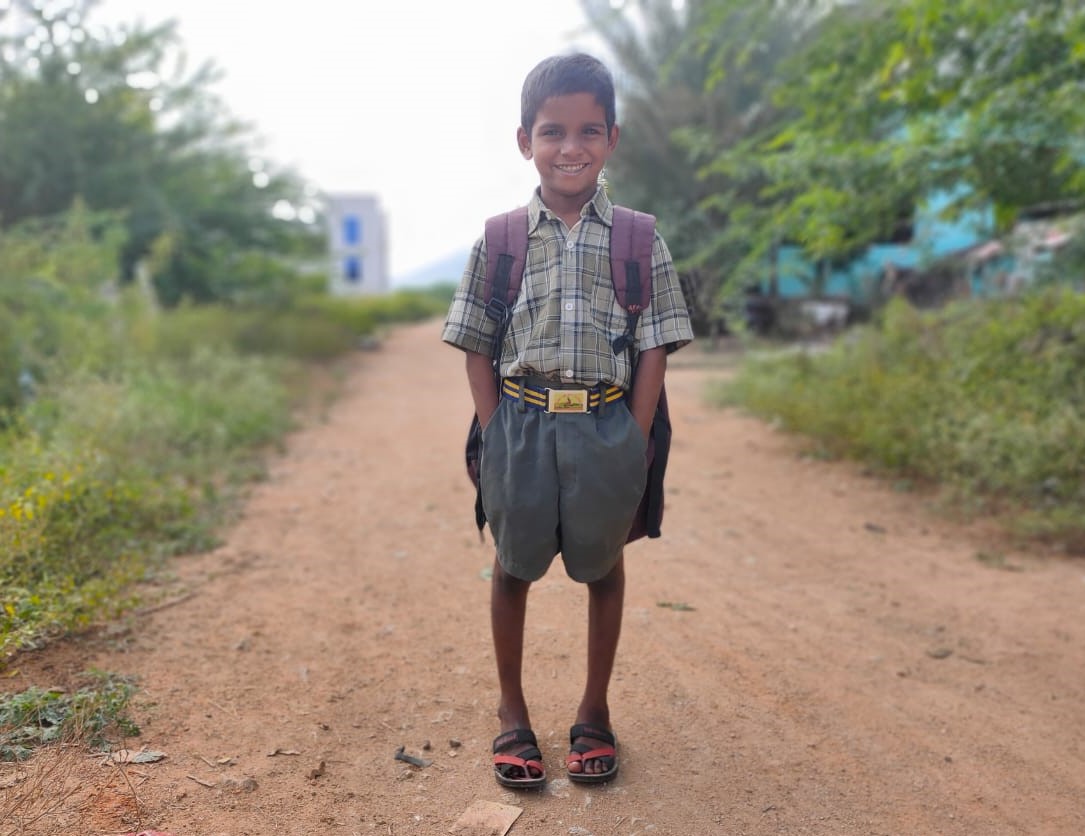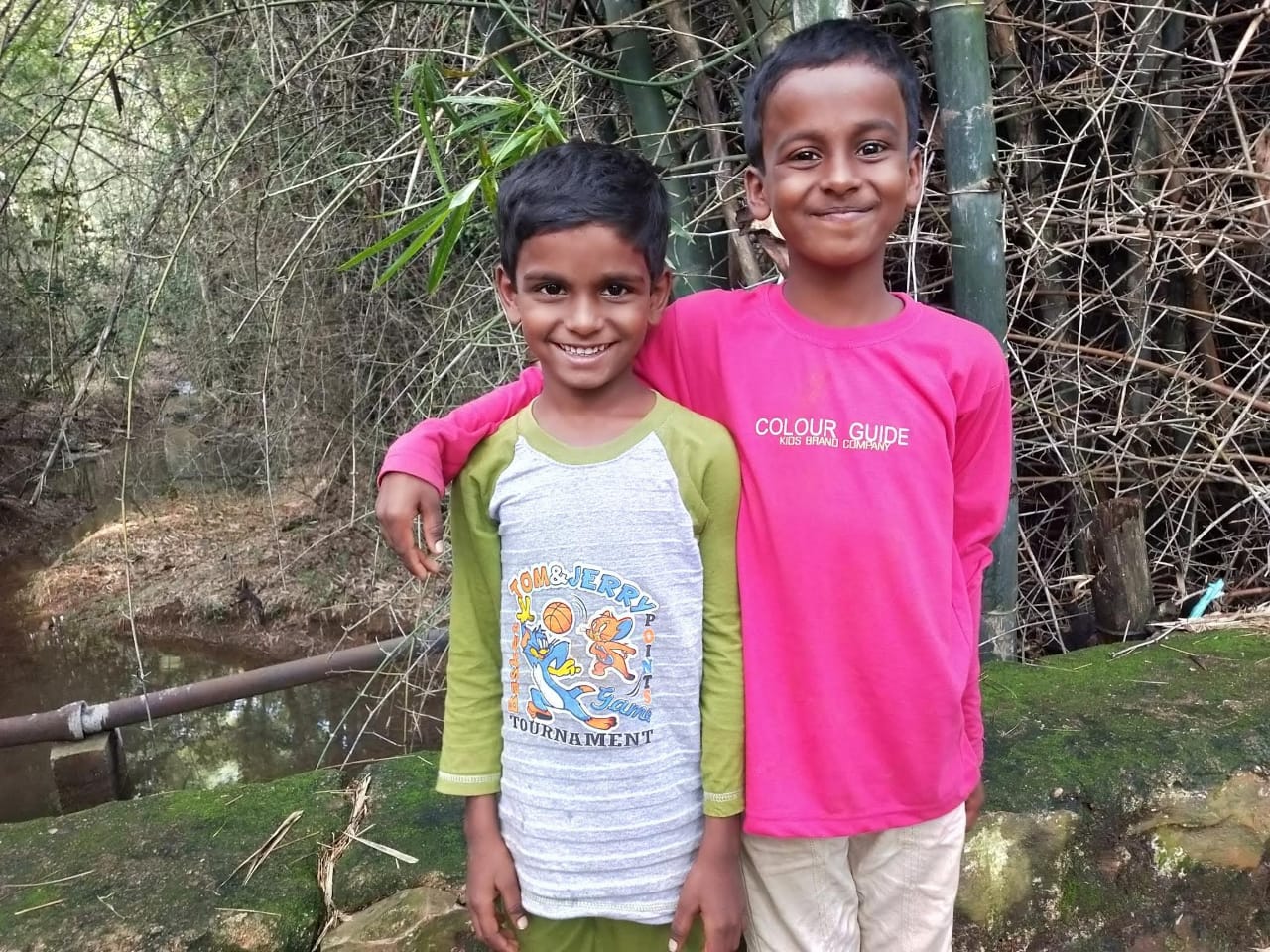Missed School Means Missed Meals for Many Children.
According to the World Food Programme, the latest record shows that 267 million children are missing meals because schools have been shut down.
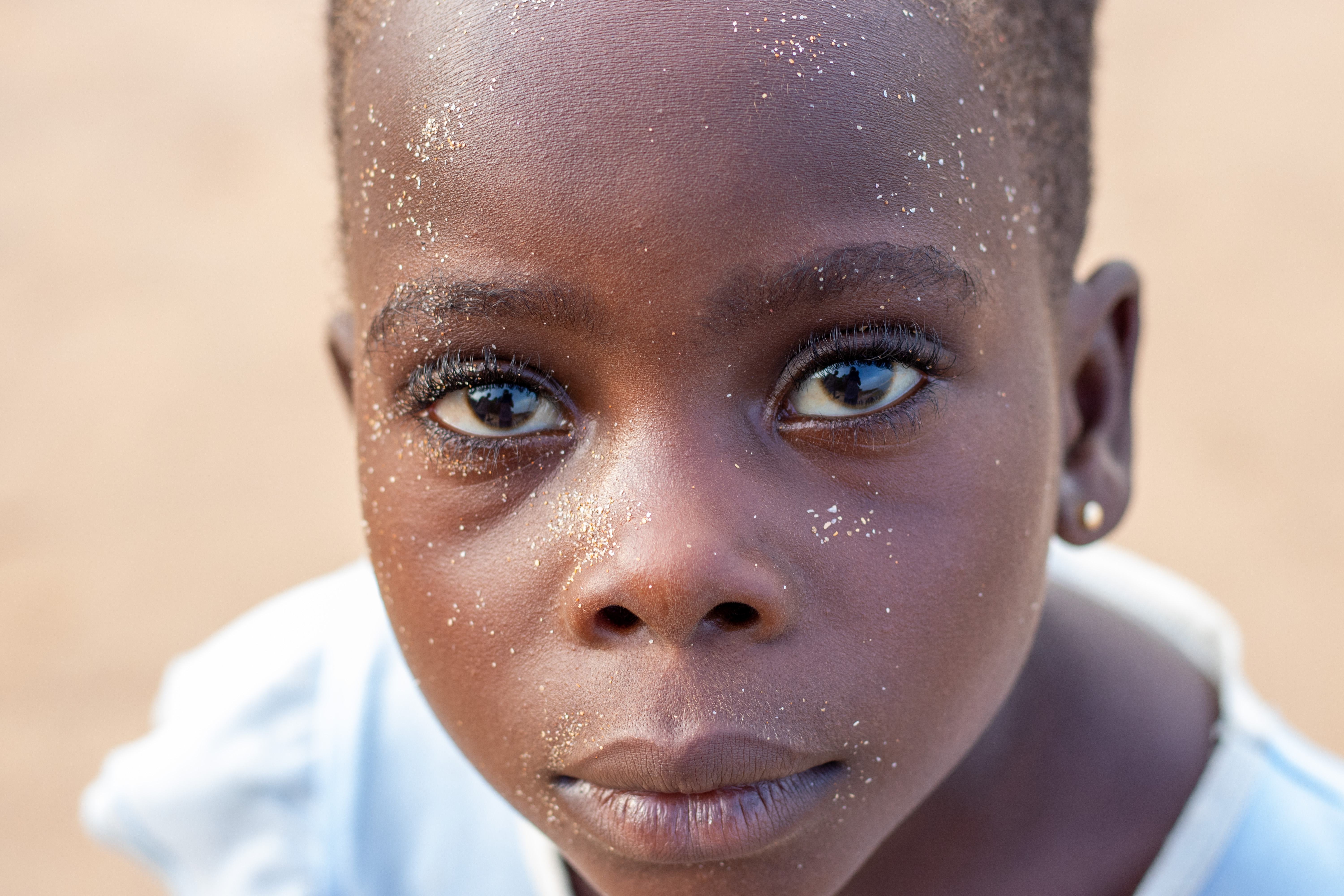 Education is a key method for addressing the issue of hunger in some of the world’s poorest regions. For many children including the ones we serve, going to school also means getting fed. Unfortunately, due to the spread of the coronavirus, kids are not only missing school but also the only healthy nutritious meal they will have for the day.
Education is a key method for addressing the issue of hunger in some of the world’s poorest regions. For many children including the ones we serve, going to school also means getting fed. Unfortunately, due to the spread of the coronavirus, kids are not only missing school but also the only healthy nutritious meal they will have for the day.
We believe, by providing basic education for a bigger population there is an investment in economic development directly correlated with the overall development of society. Providing a better-educated future to a nation’s children is the stepping stone to improving the health care system, agricultural production, and political and domestic relations. Nutrition, however, is the building block of learning as a hungry child will not have the brain power to pay attention or understand what is being taught.
60% of the world’s hungry are women and children.
Despite efforts by notable world organizations to increase food supplies and eliminate hunger, the solution has proven elusive. The global hunger problem has been exacerbated by COVID-19 which has ravaged many communities around the world. Right on it’s heels was the devastation caused by desert locusts to poor areas which were already struggling. School Feeding programs were essential as they were often the only meal of the day for a lot of children. With the closure of schools, many of these children are going without food and malnutrition has skyrocketed.
What do you need to know about hunger after COVID-19?
Living in an uncertain time often we forget about the bigger picture and the consequences of the pandemic that struck our world where it hurts the most.
COVID-19 caused enormous damage in the fight to the world famine that the number of people who will suffer acute hunger will grow more. The United Nations World Food Program (WFP) warned that by the end of 2020, more than 260 million people will face starvation. Hunger and malnutrition have been known to affect more people than AIDS, malaria, and tuberculosis combined. With COVID-19 spreading in affected areas the outcome is equalling disaster. Food deprivation was taking a child’s life every 3 seconds before the threat of COVID-19 hit the food supply with movement restrictions, economic shutdowns, and rocketing retail prices.
What do we do to help?
Studies show results that educated female farmers in Kenya were able to grow 22% more than male farmers, by using the same resources and knowledge, only smarter.
If women had agricultural resources, female farmers could lift as many as 150 million people out of hunger.
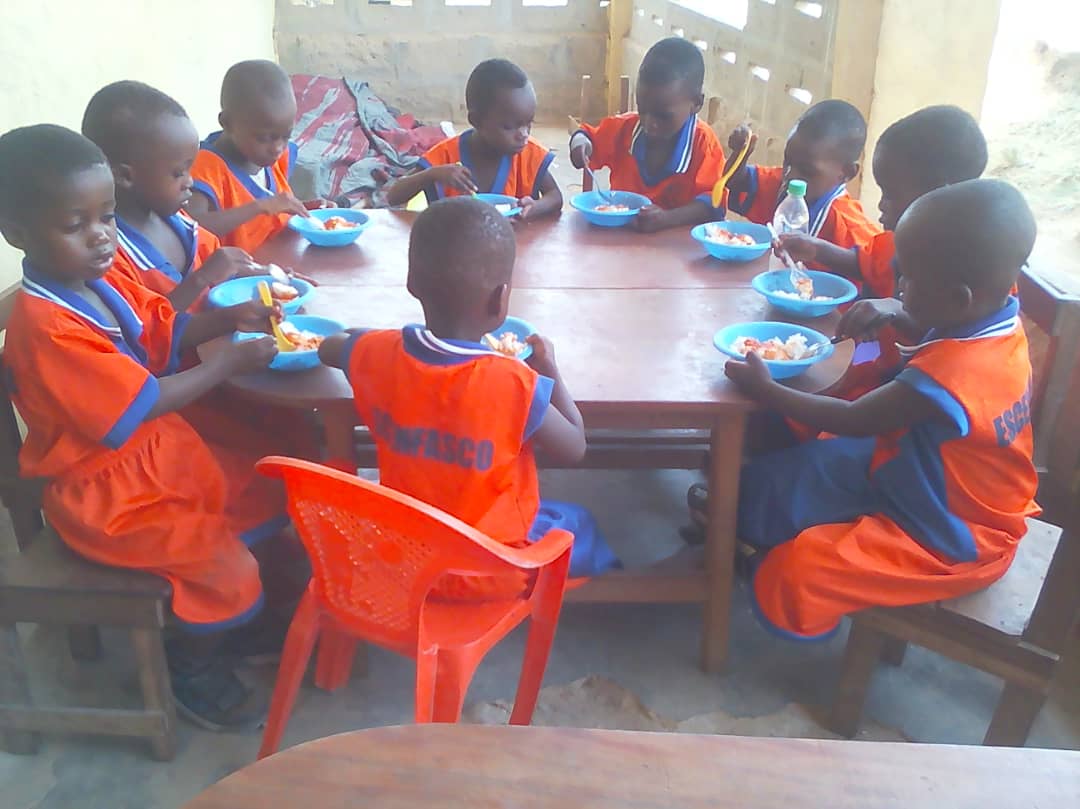
Pockets of Promise understands the power of education and that’s why we provide tuition assistance to children who cannot afford it and also supplement the education children in impoverished communities receive with our after school literacy programs. We know that effective learning is fueled by proper nutrition and are keenly aware of the nutritional needs of the children we serve. That’s why we provide breakfast in our classrooms and healthy snacks for the kids in our after school programs.
With the COVID crisis, more families are needing help than before and Pockets of Promising is doubling down on our promise of no child left behind by providing monthly food packs to families and feeding children who are now attending school. Watch our latest video of children in Ghana, India and Uganda who had a great time this Christmas enjoying a hot meal and getting school supplies to get them ready to return to school.
Pockets of Promise is dedicated to providing nutritious food to underprivileged children in our Feeding Program. Learn more about how Pockets of Promise aids India, Ghana, and Uganda, and click to donate.
Work Cited:
– https://cdn.wfp.org/2020/school-feeding-map/index.html
– https://www.worldhunger.org/women-and-hunger-fact
– https://www.cbsnews.com/news/coronavirus-famine-world-food-program-david-beasley/
– https://epodcastnetwork.com/how-education-can-reduce-global-poverty-andhunger/

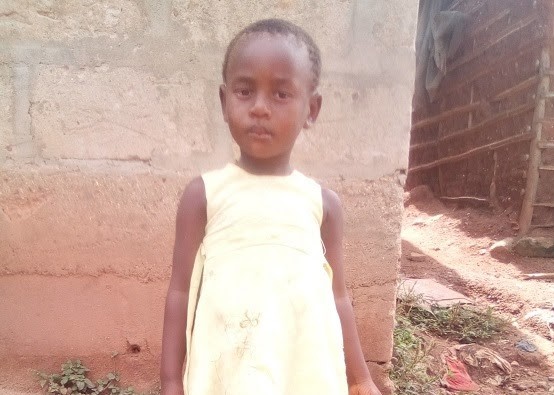

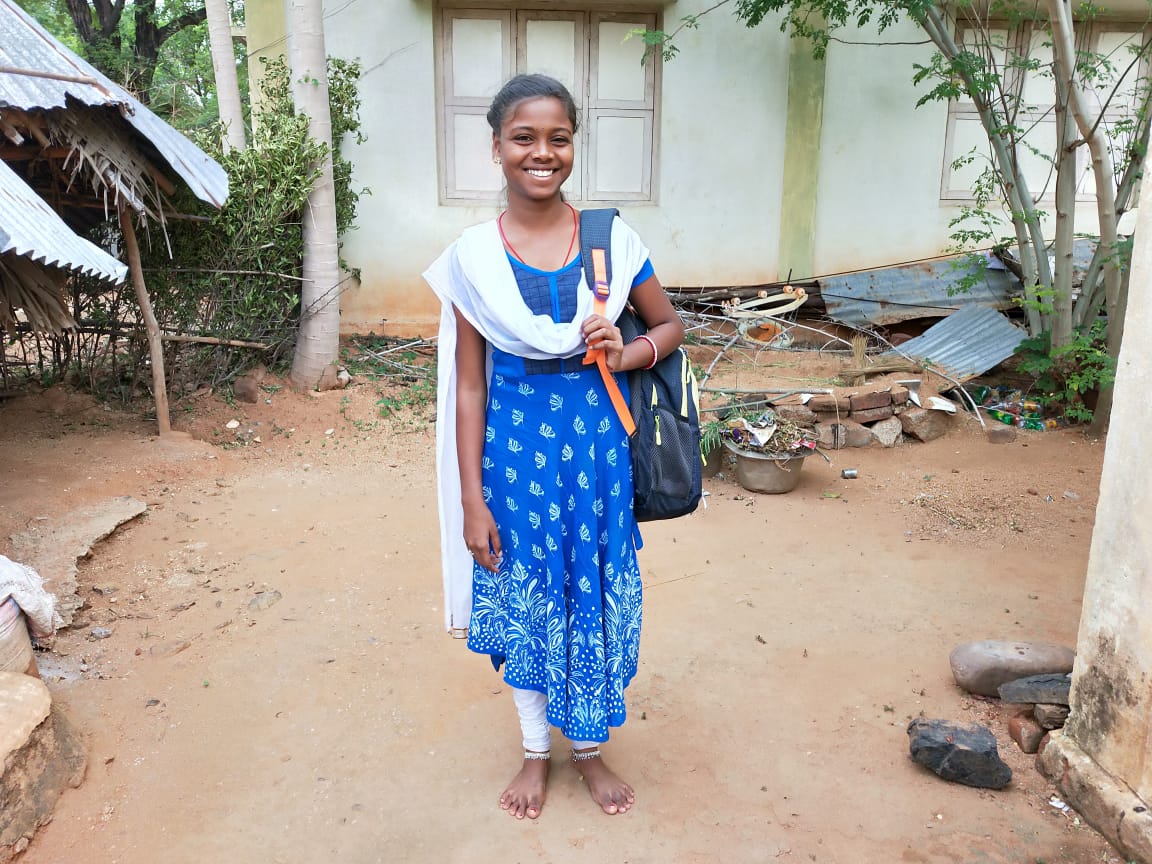

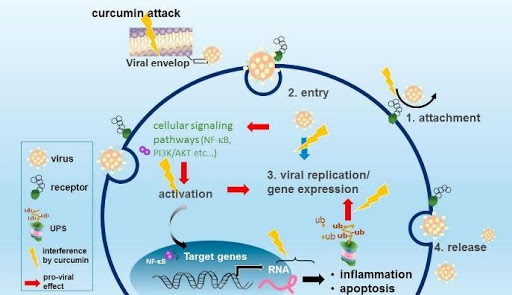
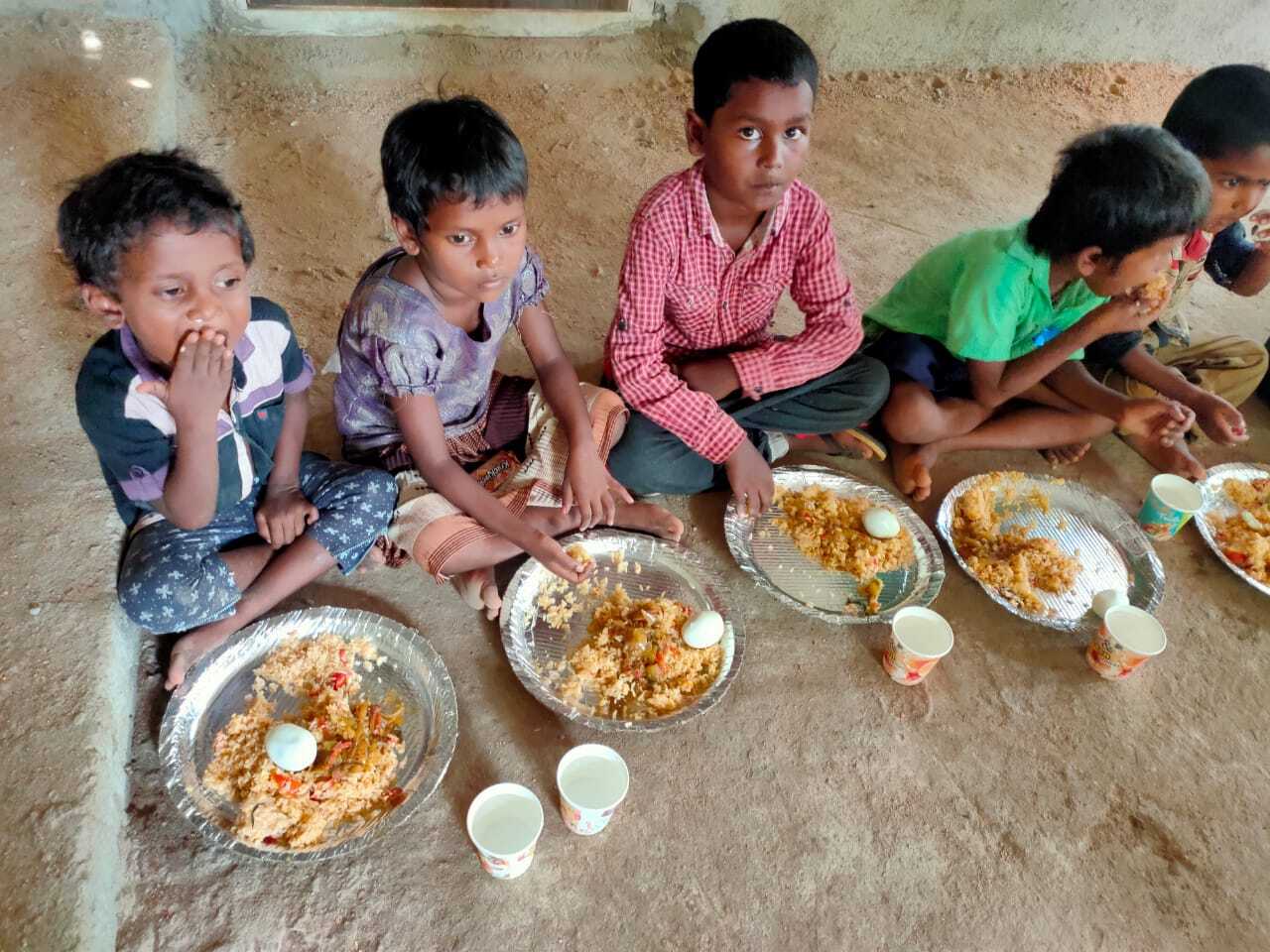
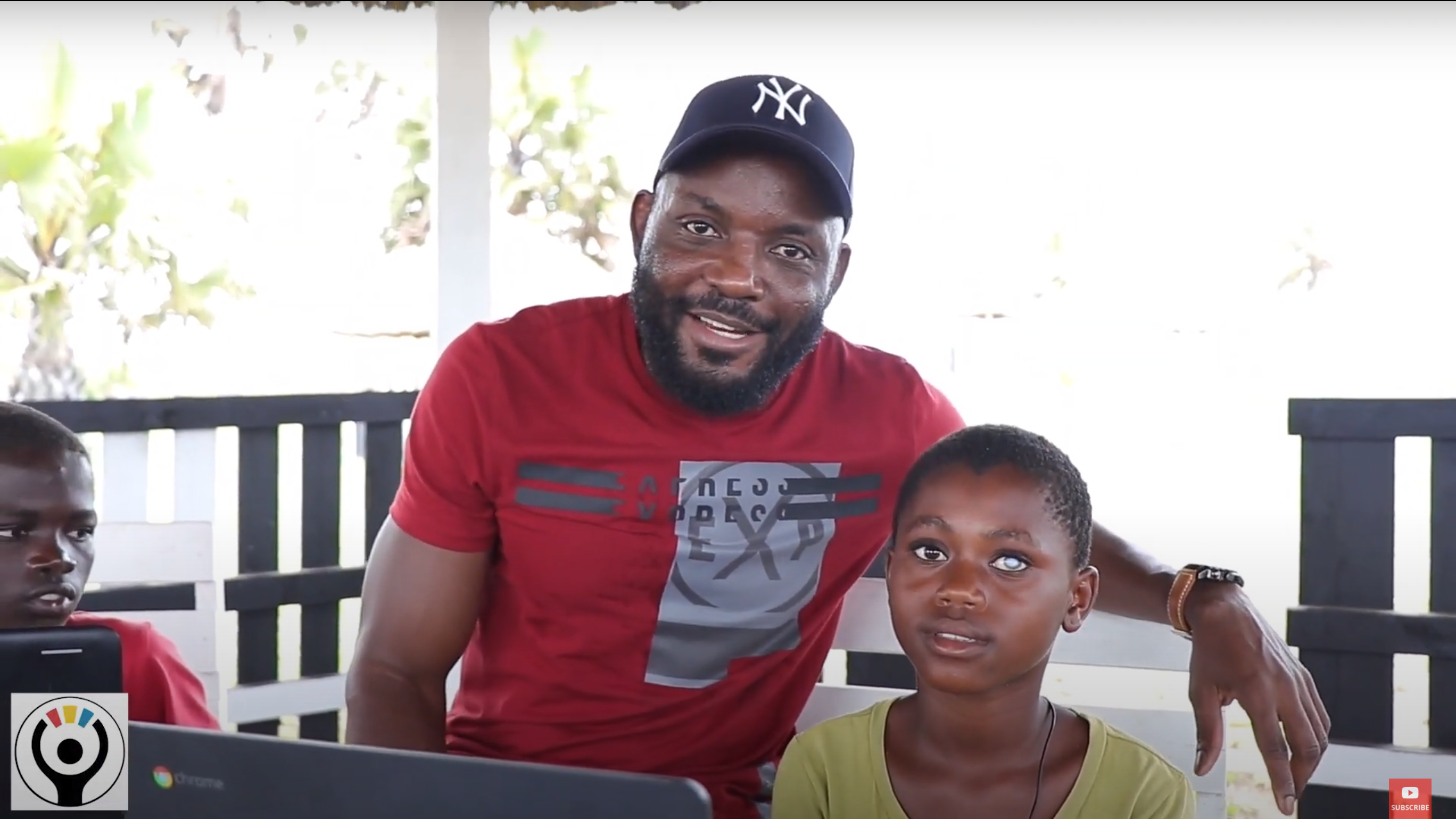
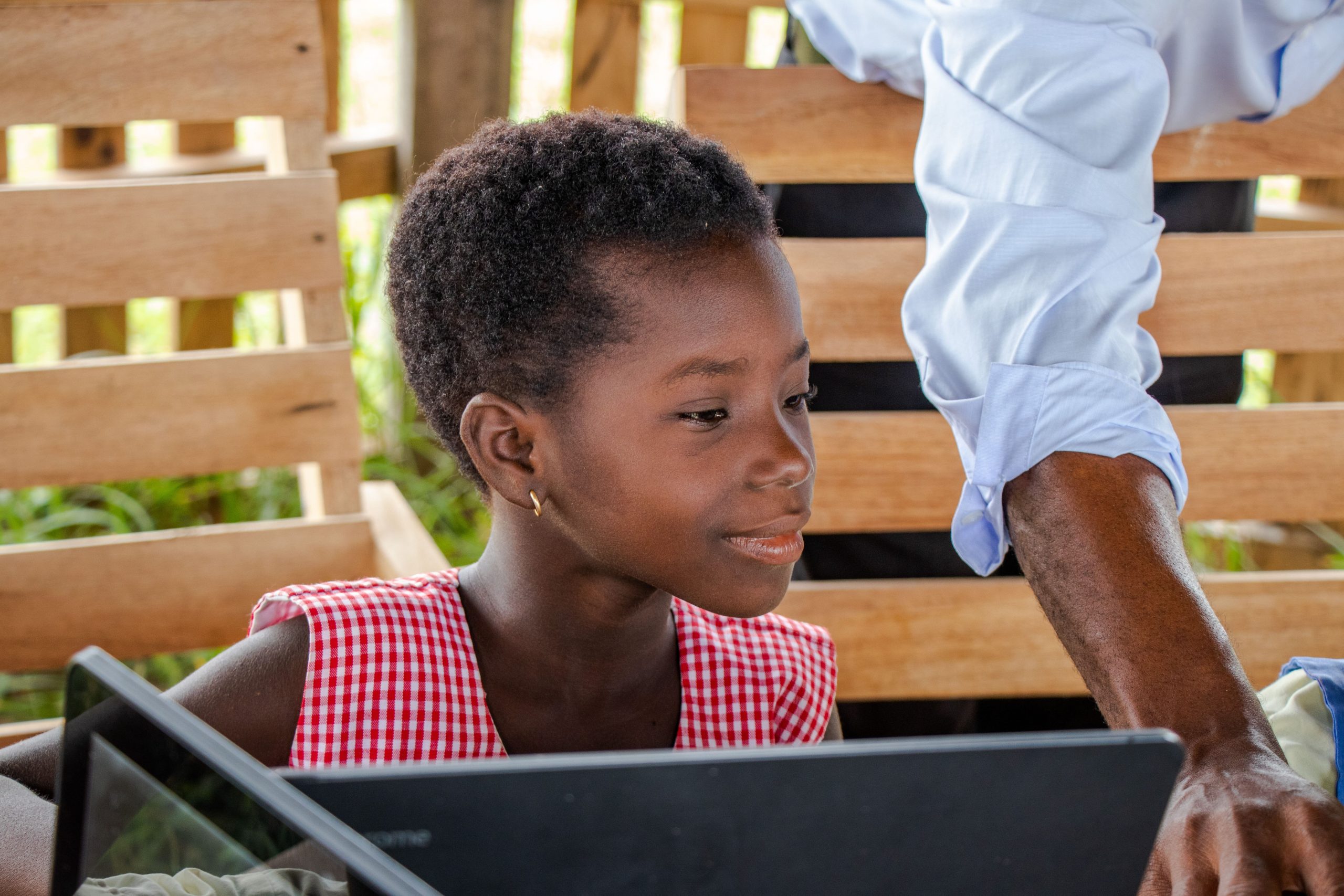
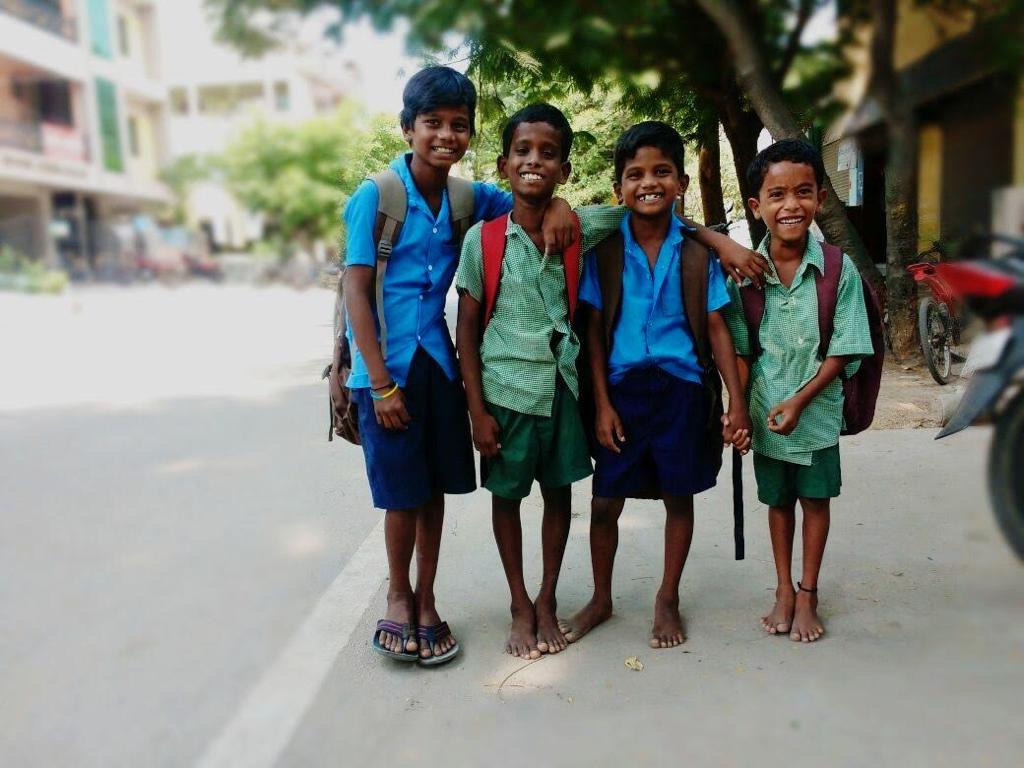 Pockets of Promise is committed to helping alleviate some of these issues by
Pockets of Promise is committed to helping alleviate some of these issues by 
